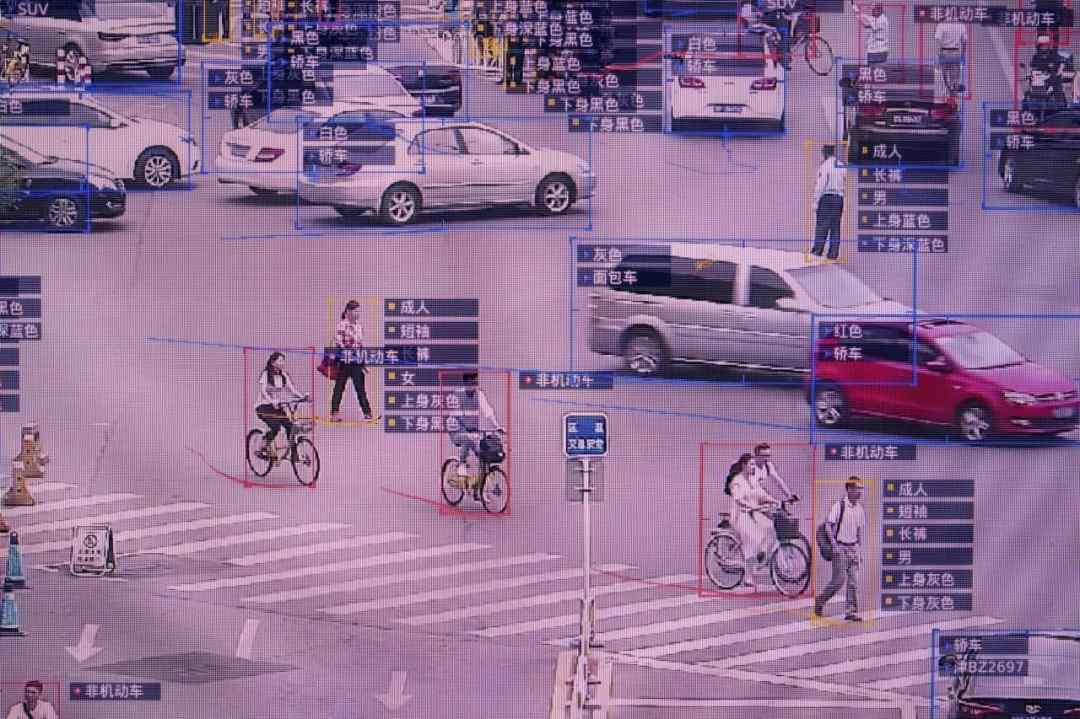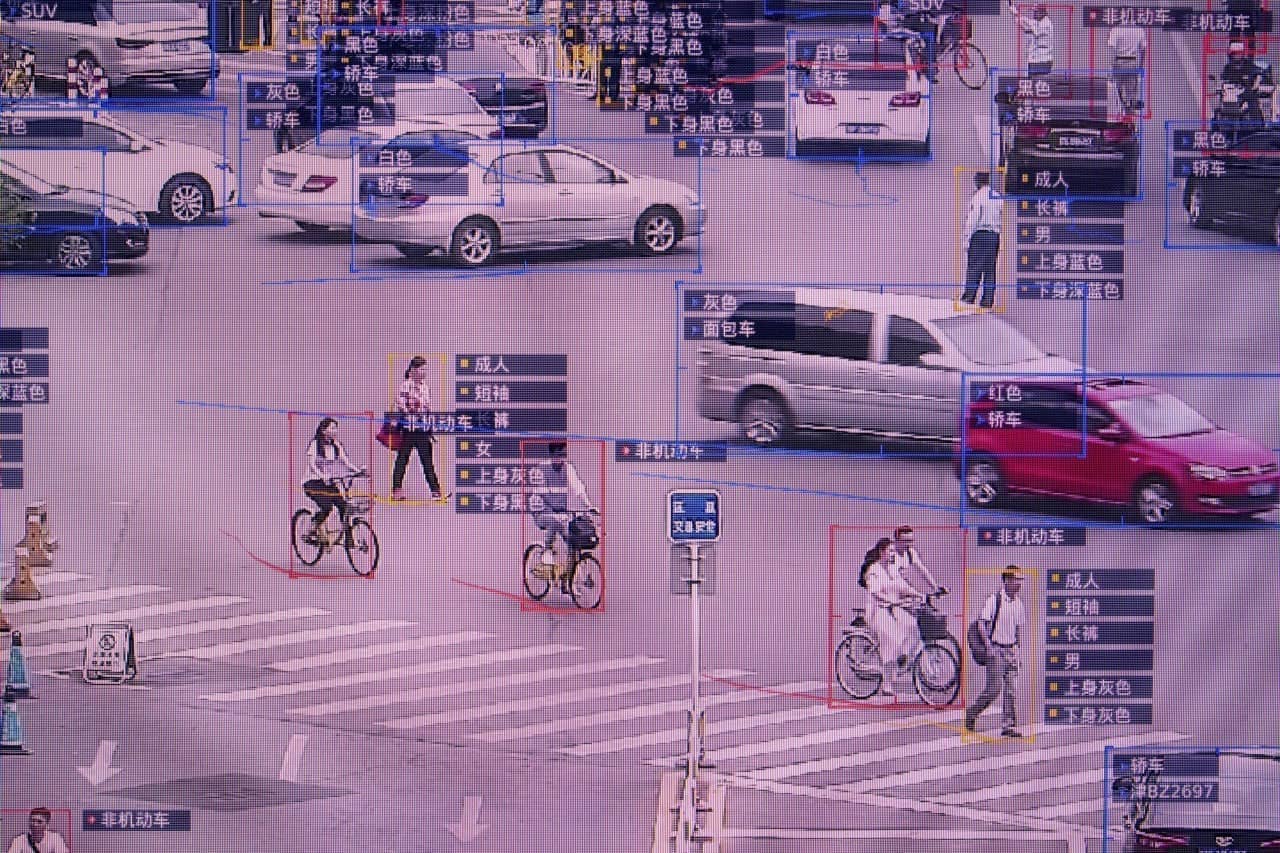The idea of ‘pre-crime’ was popularised by Philip K. Dick’s story ‘The Minority Report’ and the 2002 Steven Spielberg film based on it. Here was a vision of a shudderingly paranoiac technological dystopia in which you could be arrested for something you haven’t even done yet. Not so science-fictional as all that. ‘Pre-criminal’ is the phrase — apparently one in official currency — that’s used of the protagonist of the story with which Darren Byler begins his chilling short book.
Vera Zhou was a student of Byler’s at the University of Washington. A member of the Chinese Muslim Hui population, she was walking through a crowded street in her home city of Kuitun, near the Kazakh border, in 2019 when she was pulled off the street by police. In the People’s Convenience Police Station, she was shown her face on a digital CCTV recording — surrounded by a yellow square — while the crowds milling around her had green squares around their faces. Facial recognition software had identified her and was indicating that she — as a former detainee in a ‘re-education camp’ who had strayed outside her neighbourhood without official permission — was now once again a ‘pre-criminal’.
A secular Muslim, she had originally been detained in 2017 on a visit home to see her boyfriend, and lost two years of her life to one of the camps. Her crime, or rather pre-crime, was that ‘she had used a VPN, or Virtual Private Network, in order to access “illegal websites” such as her university Gmail account. This, they told her later, was a “sign of religious extremism”’. Having WhatsApp on your phone, sharing any sort of religious content on social media or by email, attending a mosque… all these things are sufficient grounds to be taken into a re-education — for which, read concentration — camp.









Comments
Join the debate for just £1 a month
Be part of the conversation with other Spectator readers by getting your first three months for £3.
UNLOCK ACCESS Just £1 a monthAlready a subscriber? Log in